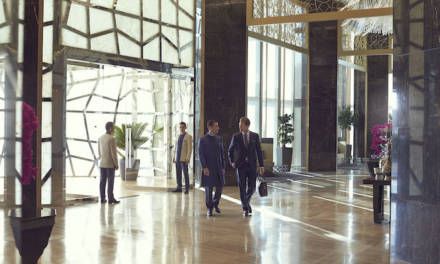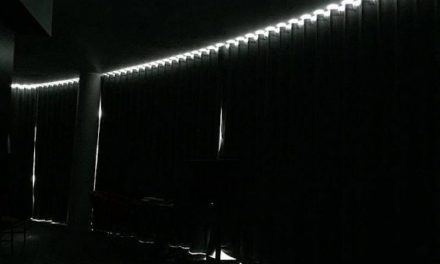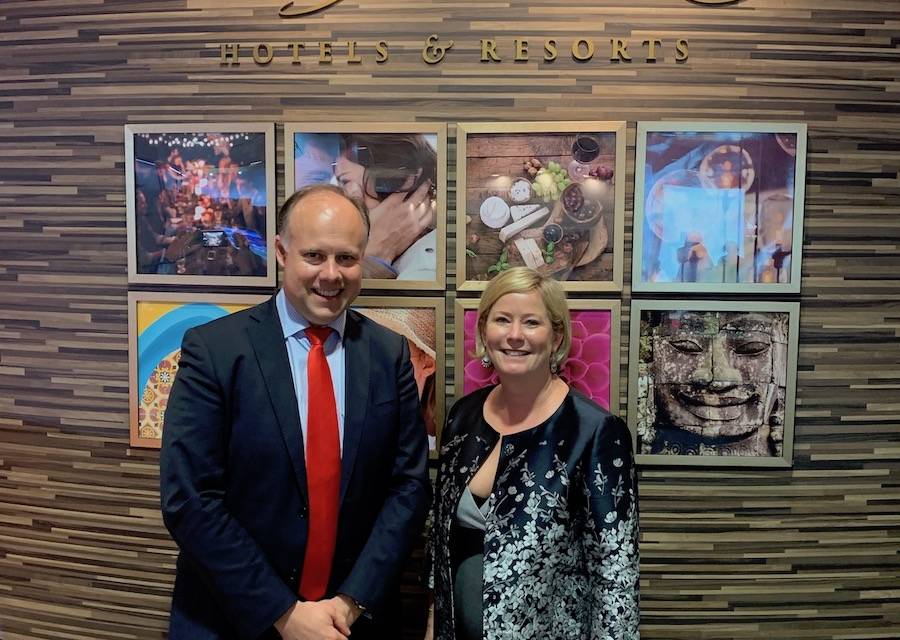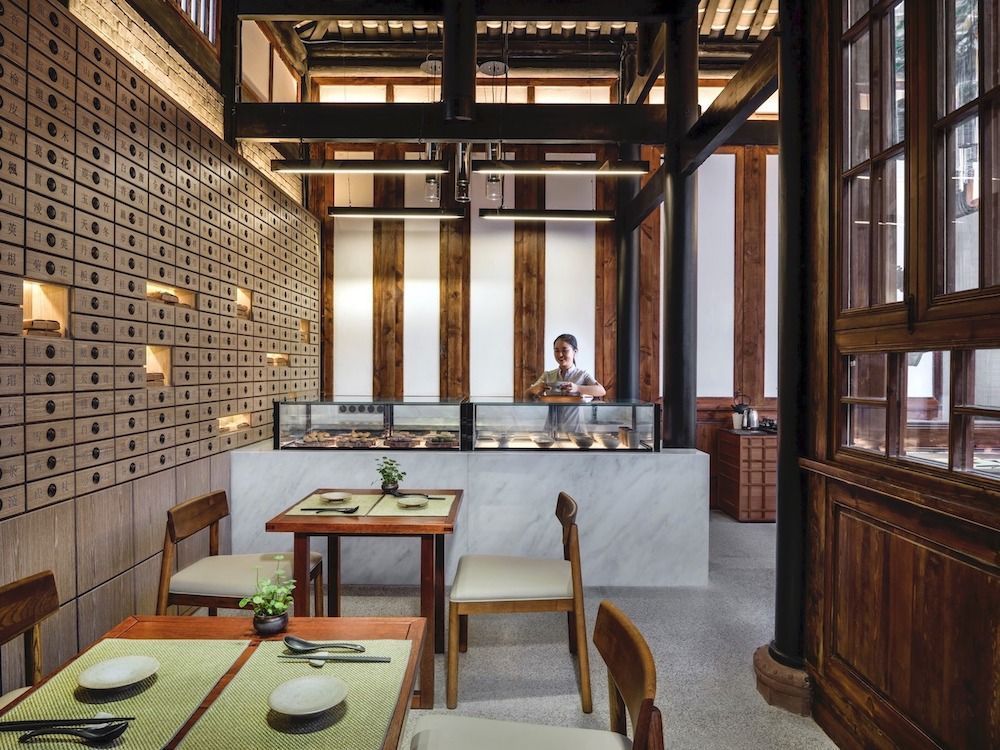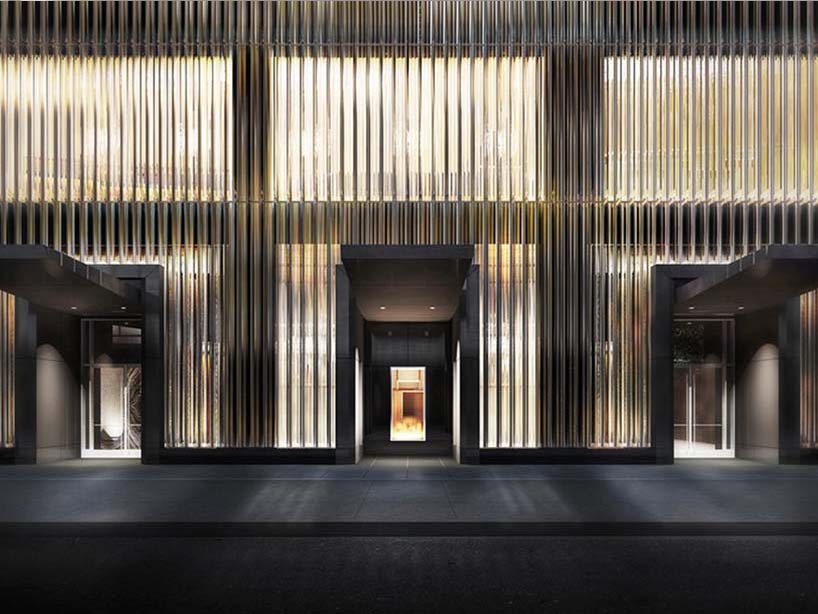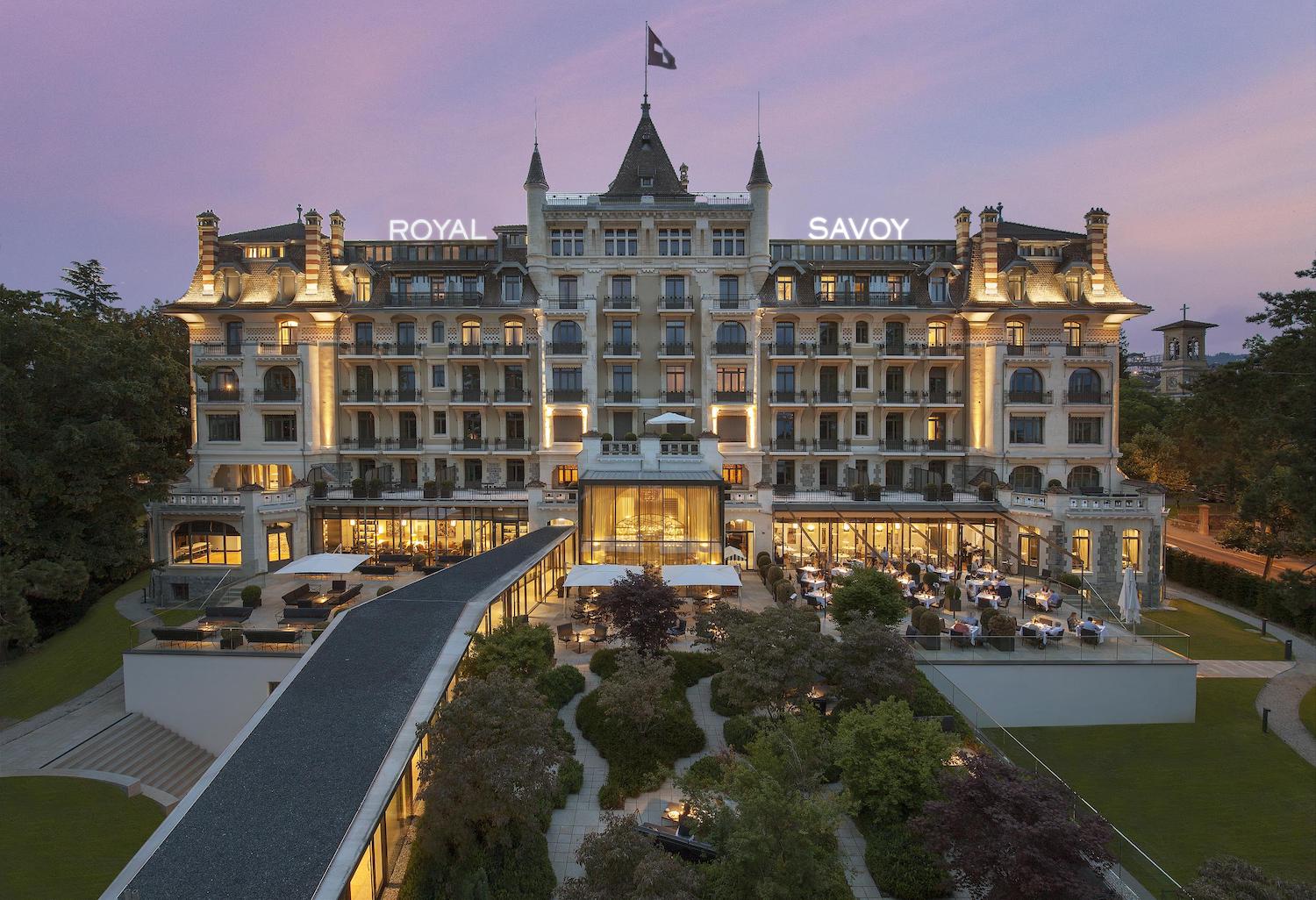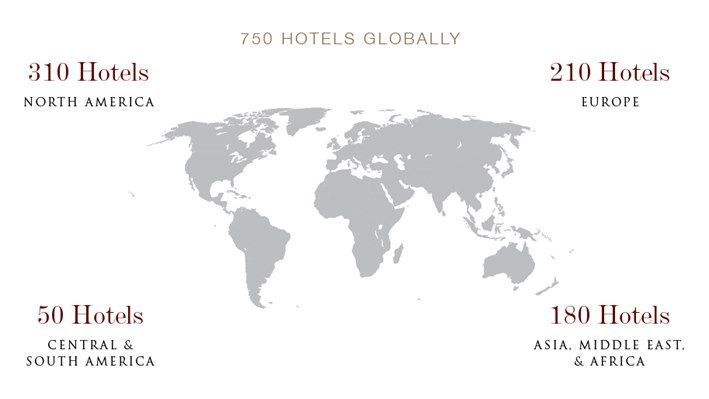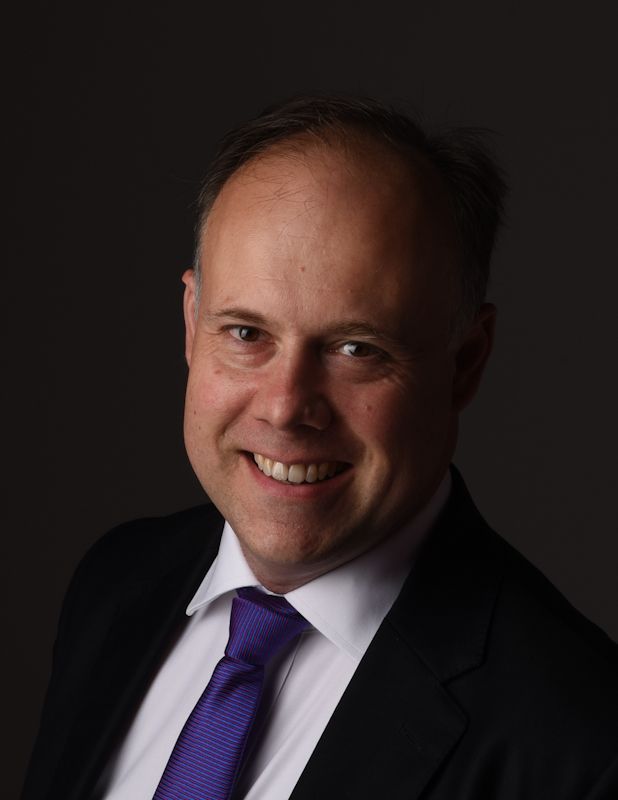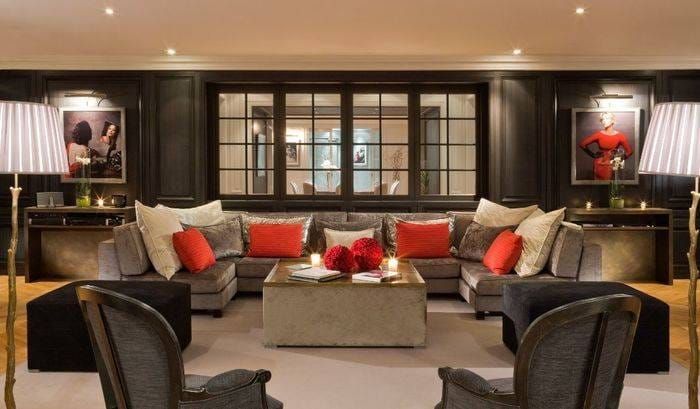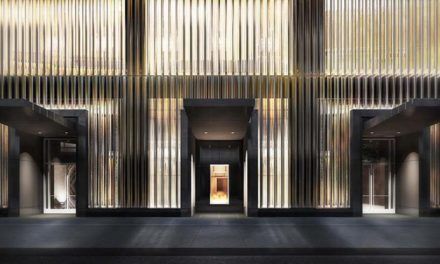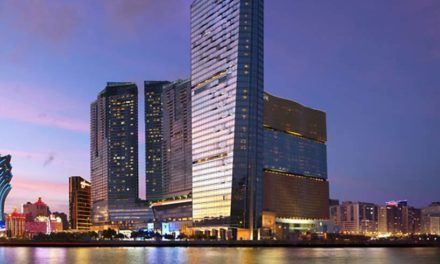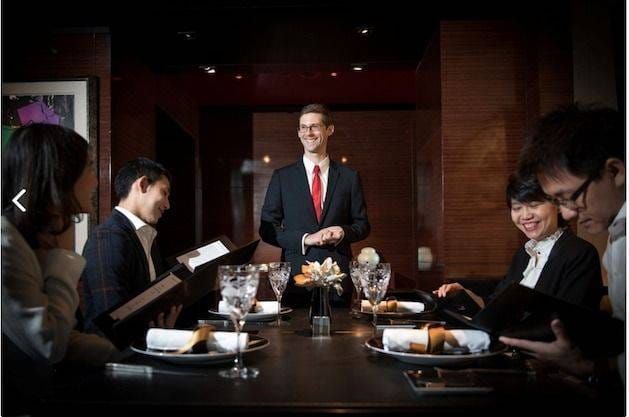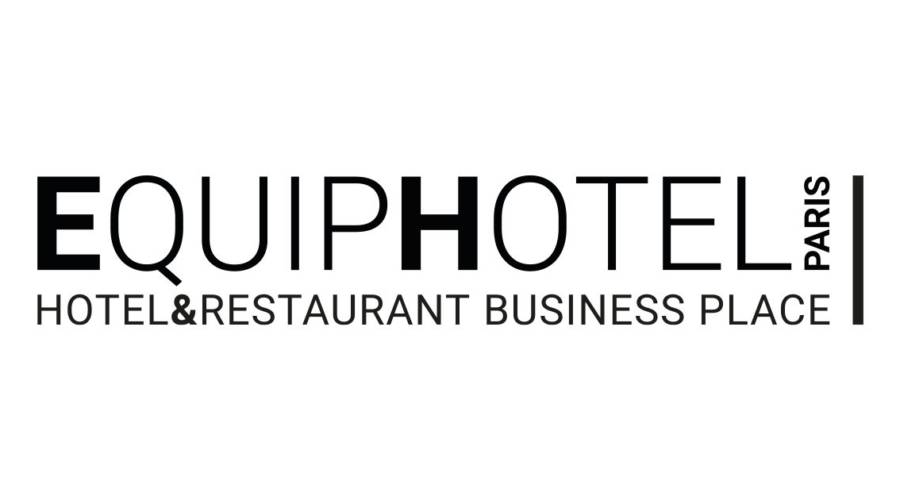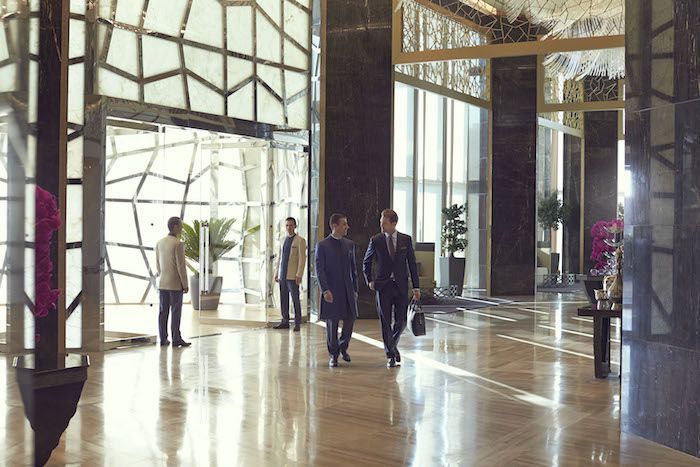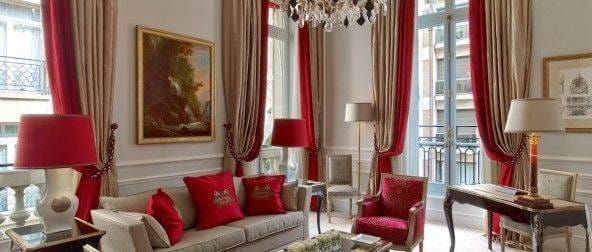Interview with Lindsey Ueberroth
She is the Chief Executive Officer of Preferred Hotels & Resorts and a member of its Board of Directors. Since joining the company in 2004, Lindsey has helped solidify the position of Preferred Hotels & Resorts as an iconic global hospitality brand, a preferred partner for independent hotels, and a trusted resource for travelers seeking an authentic, independent luxury hotel experience.
The Temple House
Can you present your company’s history? Where are you based?
We have hotels that are 7-room and we have hotels like the one in Las Vegas that have 3,000 rooms. We’ve got contemporary hotels and we’ve got historic hotels. I am based in Newport Beach, California. We have 35 offices around the globe. We have a fairly large office in Paris as well, and my parents live half the year there.
It was originally started by 12 independent hoteliers based in the United States, so I guess you would say it was initially an American company, but now we consider ourselves a global company. We’ve got a great global footprint.
We are family owned. The company is celebrating its 50-year anniversary this year, but my family purchased the company 15 years ago. My parents are now co-chairmen and I’m the CEO. My brother formerly was our Chief Marketing Officer, but he has since moved to Boston and is pursuing other things. It’s been a great growth story.
How does your hotel group compare with groups like Relais & Châteaux, Leading Hotels of the World and Small Luxury Hotels of the World?
It’s different in terms of our scale and breadth. The similarity is that we all work with independent luxury hotels. These are hotels that don’t want to be part of a major hotel group. They don’t want to be a Ritz-Carlton or a Four Seasons. Our hotels are one of a kind. We all have brand standards, but we don’t mandate a certain kind of sheet or a certain kind of amenities.
The difference between us and the three hotel companies you mentioned is that we’re one of the largest. We have 700 hotels under five collections, and the collections are set up to match a type of luxury. We go from ultra-luxury to what we would call casual luxury, so hotels that might be in secondary or tertiary markets that don’t lend themselves to an ultra-luxury hotel. It gives the traveler the ability to stay in a Preferred Hotel for whatever type of reason they’re traveling for. For instance, if you’re traveling for business, you want to stay in a different hotel than if you’re traveling with your partner on a romantic vacation or you’d stay somewhere different if you’re traveling with children and you want different amenities. That’s why we’re different from those hotels in terms of the breadth that we have.
What are some trends you see in client experience that you are integrating in your hotels?
On the traveler side, I would start with this desire for multi-generational travel. There’s more a desire for suites or residential products. They don’t want to have four separate hotel rooms. They want more of a common space hence why we launched our Residence Collection. We have 80 hotels that have a residential product that end themselves to families or groups that just want to stay together. They want to have things like a common living room and a kitchen, but they want all the services, amenities and security of a hotel. That’s one major trend we’re seeing in terms of residential/family travel.
A couple of other major trends are what we call conscious travel. It’s not just about sustainability. It goes beyond just putting a tag if you don’t want the hotel to wash the towel. It’s really about hotels that are doing sustainable things on property but are also really involved in their communities and give access to unique experiences as it relates to the hotel. We see that a lot. Hotels that are creating or ‘programming’ experiences that take you into the community and allow you take part in unique experiences, you become more of a part of community. I’m seeing more and more hotels doing these things. These are trends in the industry.
Baccarat Hotel – New York – Exterieur
What is your vision of digital technology in your hotel rooms?
It’s a tricky one in the luxury space. It’s about how to have relevant technology. Sometimes we can overcomplicate it. There’s nothing worse than when you get into your hotel room and you don’t know how to turn on your TV and you can’t figure out the iPad. I see luxury hotels trying to balance luxury service with having the technology that people are used to having in their homes. I do see more hotels where you can access your Netflix and Apple TV and all the things you want from home.
If I walk into a hotel where I still have to get on my hands and knees to find a plug or where there aren’t USB cords next to my bed, that’s pretty antiquated. You hear about the keyless entry…. but I don’t think we have any hotels that have gotten into that. I don’t think there’s anything that difficult about having a room key. There’s still this expectation that you’re going to be greeted with personalized service and escorted to your room. That’s the difference between luxury and midscale limited service.
How important are booking channels in Preferred Hotels?
Our business is unique from major chains like Belmond or the Ritz Carlton or the Four Seasons in a couple of ways. We allow our hotels to run independently, so they have their own name and identity, but we give them global access and global sales. We’re an extension of their sales team, so we give them leisure sales, corporate sales, group sales, etc. We give them a lot more flexibility, which is different from the major chains where they manage and control everything about them.
The other important thing that you mentioned is that we connect them to all of those booking channels through the central reservation system so that travel agents can book them through our brand website. We’re helping them with their booking website and booking engine to working with the aggregators. We have what we call ‘Direct Connect’ so that they can connect to Expedia, Booking.com, Trivago, Kayak, etc. We provide them with all the tools and access through one central partner versus them having to do that independently. If you were a true independent and you had to do deals with all these different partners, it would be very complicated. Our job is to simplify all of that for the independent hotels and give them a global presence with all the access and tools, loyalty programs and purchasing programs, but with a lot more flexibility.
What is unique about Preferred Hotels?
We’re the largest independent hotel brand. No hotel is the same. We have quality assurance standards, though. Every year, the hotels are inspected. We have a reputation management tool that is tracking all of the reviews on a minute-by-minute basis. In terms of quality of hotels, we’re maintaining that.
We’ve got a great loyalty program, which is unique for an independent hotel company. It has a lot of flexibility to it.
Our job is to celebrate the very unique.
We’ve continued to grow. Our symbol is the pineapple, which is the universal symbol for hospitality. Back when Christopher Columbus was traveling, they discovered the pineapple, which was then a very rare fruit that only the very wealthy had access to. It became a symbol when travelers who returned home from the seas would put a pineapple on a stake to let their friends and family know that they were home and that they were welcome into their home.
So now you’ll see pineapples used in a lot of things like décor or bedposts. For instance, the big American brand Williams Sonoma uses the pineapple as their symbol. It’s used in a lot of things that are related to hospitality. Our ultimate goal is to make the pineapple famous like the Nike Swoosh. It’s something rare, unique, sweet and special.
WorldHotel
Laurent Delporte, an editor and conference speaker, is a strategic expert in the sector of hotels. A visionary, he brings his unique look on hotels in service to the decision-makers in the industry, whether to enhance the development of new projects or strategic visions.
Laurent has visited and audited over 350 hotels across the world and also participates in mystery visits to provide quality control for the world’s finest hotels.


 HOME
HOME